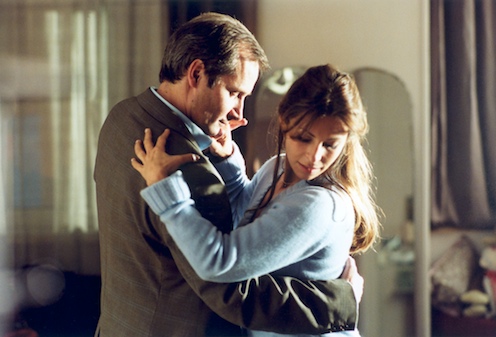Rashevski's Tango

Full Description
Rosa Rashevski believed that tango could heal the body better than chicken soup. She is the catalyst for considerable family drama in Rashevski’s Tango, a charming ensemble feature by Belgian director Sam Garbarski. Set in Paris, the film is a portrait of three generations of a Jewish family wrestling with issues of identity, love, interfaith marriage and long-held family secrets.
The story starts with the death of Rosa, a survivor who avoided religion and rabbis, so much so that after the Holocaust she decided not to circumcise her sons--just in case the Nazis returned. To her family’s surprise, she had bought a bur ial site in a Jewish cemetery. Her death makes her family engage in individual and collective soul searching; their relationships to each other shift in order to fill the empty space left by the formidable Rosa. They also begin to examine their own bond to Judaism.
Rosa’s sons Simon and David, who play chess on the phone together late at night, struggle with their abandonment by their father, who left Rosa decades ago to become Orthodox and make aliyah. Simon and his Christian wife Isabelle fight over whether Simon will be buried in a Jewish cemetery. Their daughter Nina wants a Jewish husband, but is falling in love with Antoine, who isn’t Jewish but at least knows how to tango (along with a few other things!). Rosa’s grandson Ric is involved with Khadija, a beautiful French Muslim woman, who chides him, "In Palestine you want to kill Arabs, but here you want to marry one." And Rosa’s brother-in-law Dolpho, a wise, fallible and comic man, grapples with his new role as head of the family.
From the generation who lived through the Shoah, to their children and grandchildren--some newly observant, some reaching across cultural boundaries--Rashevski’s Tango delivers laughs, tears and a serving of serious romance with its nuanced script and stellar performances.
Director(s)
Country(ies)
Language(s)
w/English Subtitle
Release Year
Festival Year(s)
Running Time
100
